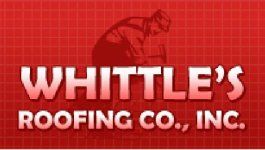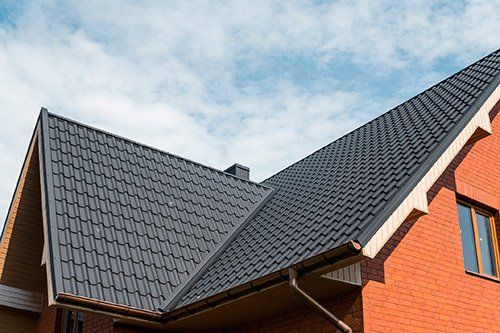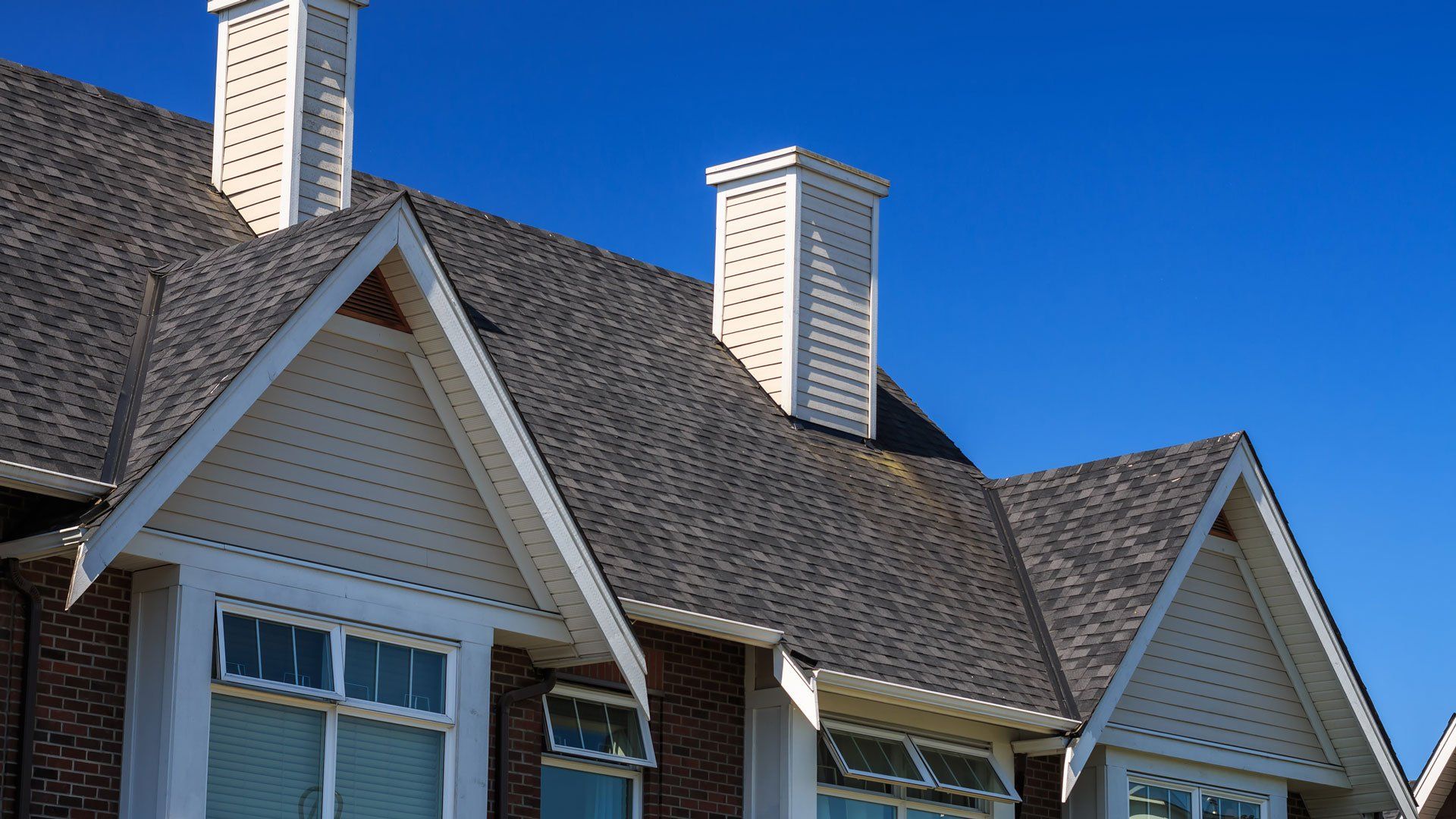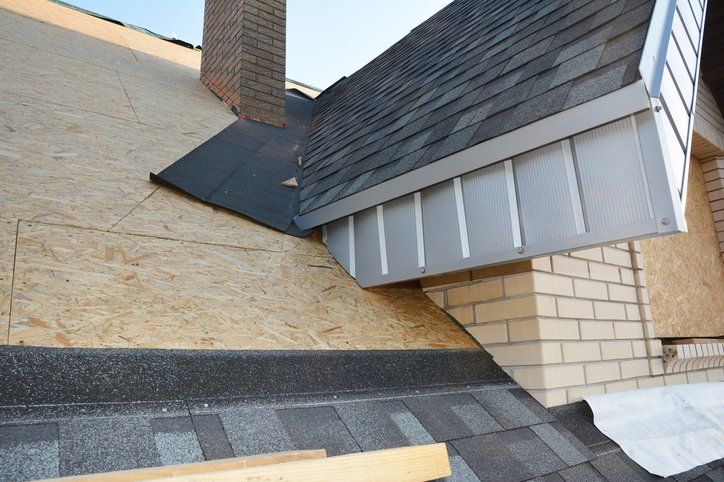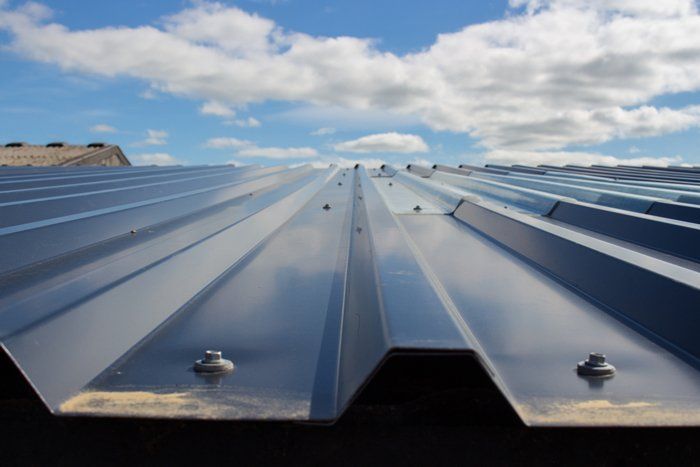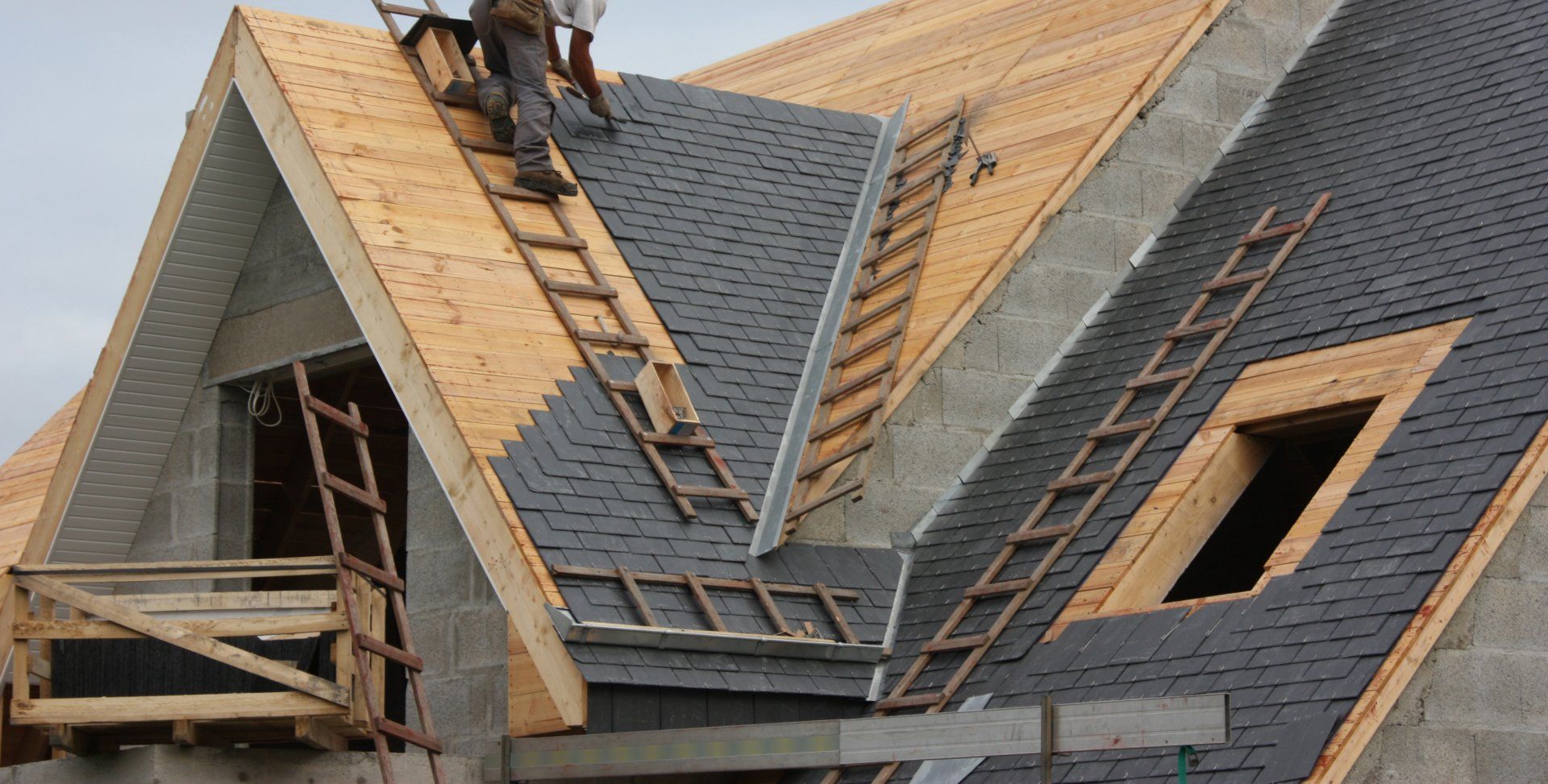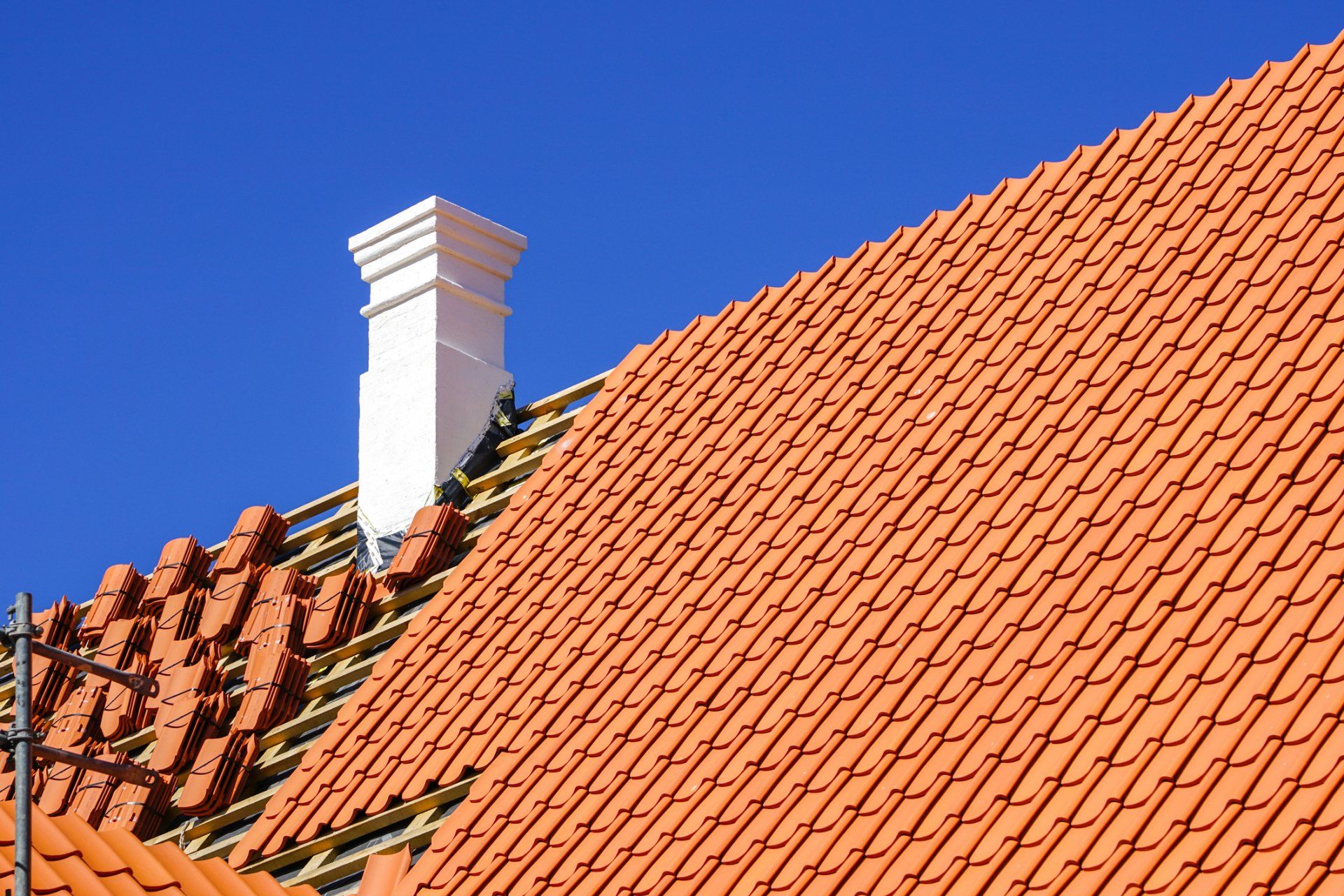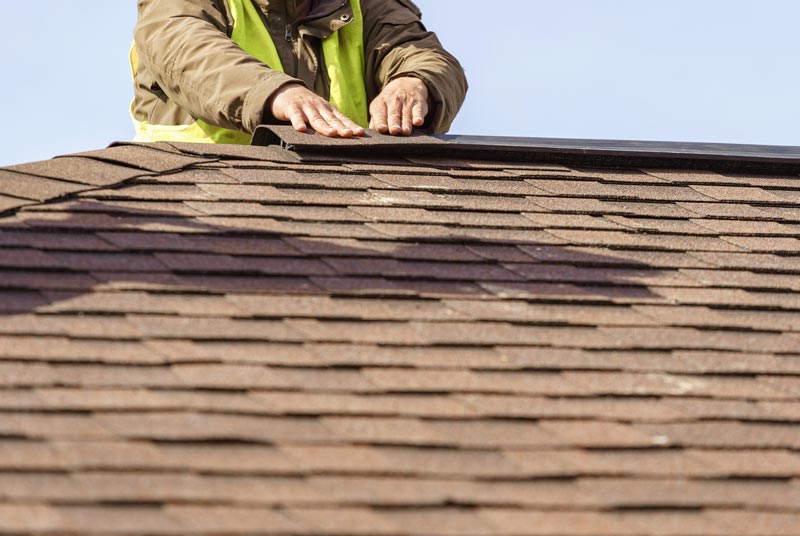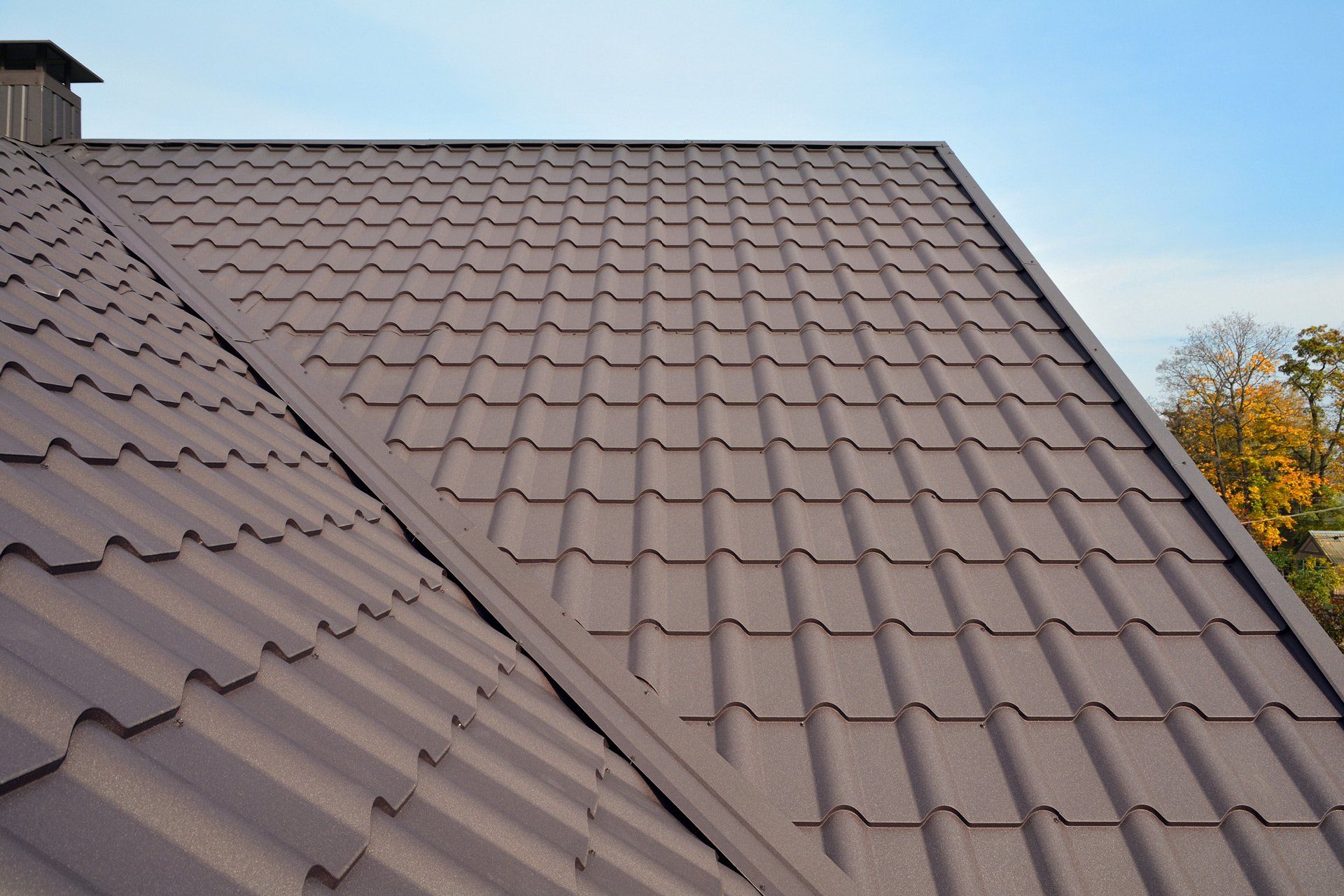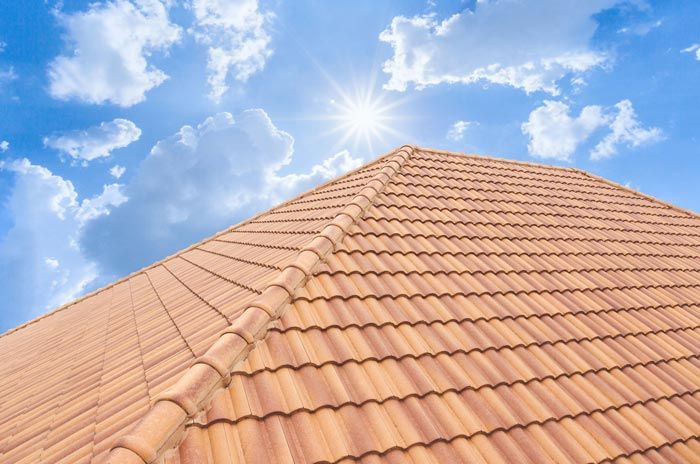3 Things You Need to Know About Mold and Your Roof
Florida is among the most humid states in the nation. The moisture that is present in the humid Florida air can do more than just make a hot day feel even hotter; it can cause significant damage to your roof.
You have probably seen homes in your area with roofs covered in unsightly black streaks or fuzzy brown and green organic growth. These are signs of mold growth. Mold can seem like a small problem at first, but it can have a negative effect on the structural stability of your home and the safety of your family if you don't address mold growth on your roof right away.
In order to fight mold effectively, you need to know your enemy.
1. Mold Spores Can Travel
Mold can be difficult to manage because you don’t only need to worry about your own home. Mold spores can travel through the air from one home to another. This means that if your neighbor's roof shows signs of mold damage, you will need to be vigilant to prevent mold spores from taking up residence on your roof as well.
Mold requires a very specific set of environmental conditions to be present in order for it to thrive. Most species of mold like cool, moist environments. You can help to prevent mold growth by making your roof an unwelcoming place.
A roofing contractor should be called to make immediate repairs to any leaks that you identify in your roof. This will prevent the moisture that mold loves from building up on your roof. You should also trim away all tree branches that might be hanging over your roof. Direct sunlight can help deter mold growth by heating the surface of your roof.
2. A Metal Roof Is Best
Not all roofing materials are created equal when it comes to preventing mold, algae, and mildew growth. Asphalt shingles can absorb moisture. They also have granules that make it easy for mold spores to adhere to the surface of individual shingles.
If you really want to protect your home against mold growth, you should replace your existing roofing system with a metal roof.
Metal roofing has a slick surface that prevents the collection of dirt, debris, and organic contaminants on the surface of the metal roof. Metal can also be cleaned easily without causing any damage to the roofing materials, so you can disinfect your roof often to discourage any organic buildup.
An experienced roofing contractor will be able to update your roofing system with metal materials that can reduce maintenance and increase the level of protection your home enjoys against mold growth in the future.
3. Some Metals Can Deter Mold
A thorough inspection by an experienced roofing professional will determine if any mold is present on your roof. Mold can be removed utilizing a special solution designed to kill off active mold spores and eliminate any stains.
Once your roof is completely mold-free, you can have your roofer install strips of zinc or copper along the ridge line above any part of your roof that was affected by mold. As water condenses or rain collects on your roof, some of the metal molecules will be carried from the strips down the slopes of your roof. These metals eliminate any mold, mildew, or algae in their path.
Installation of zinc or copper strips is a simple and effective way to prevent mold problems on your roof in the future.
If you are worried about the effect mold might have on your roof, the help of an experienced roofing contractor can be beneficial. CallWhittle's Roofing Co., Inc., for help managing mold on your roof.
